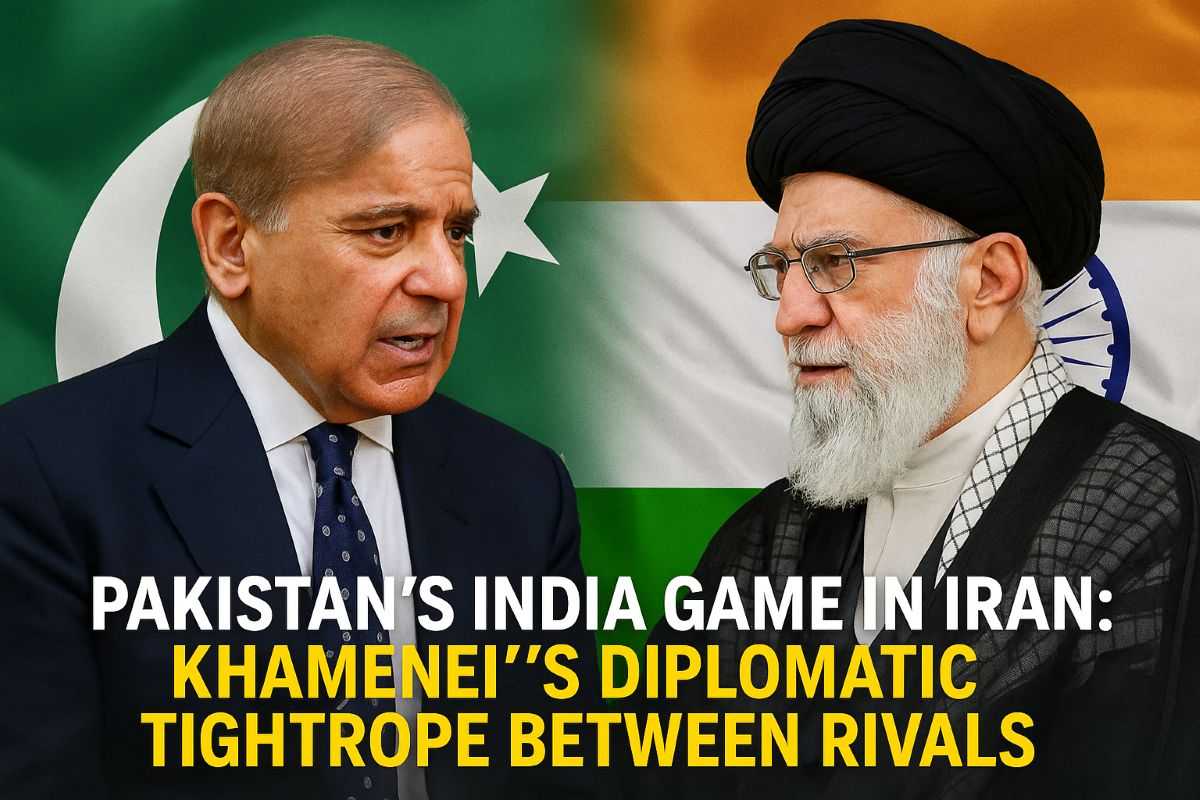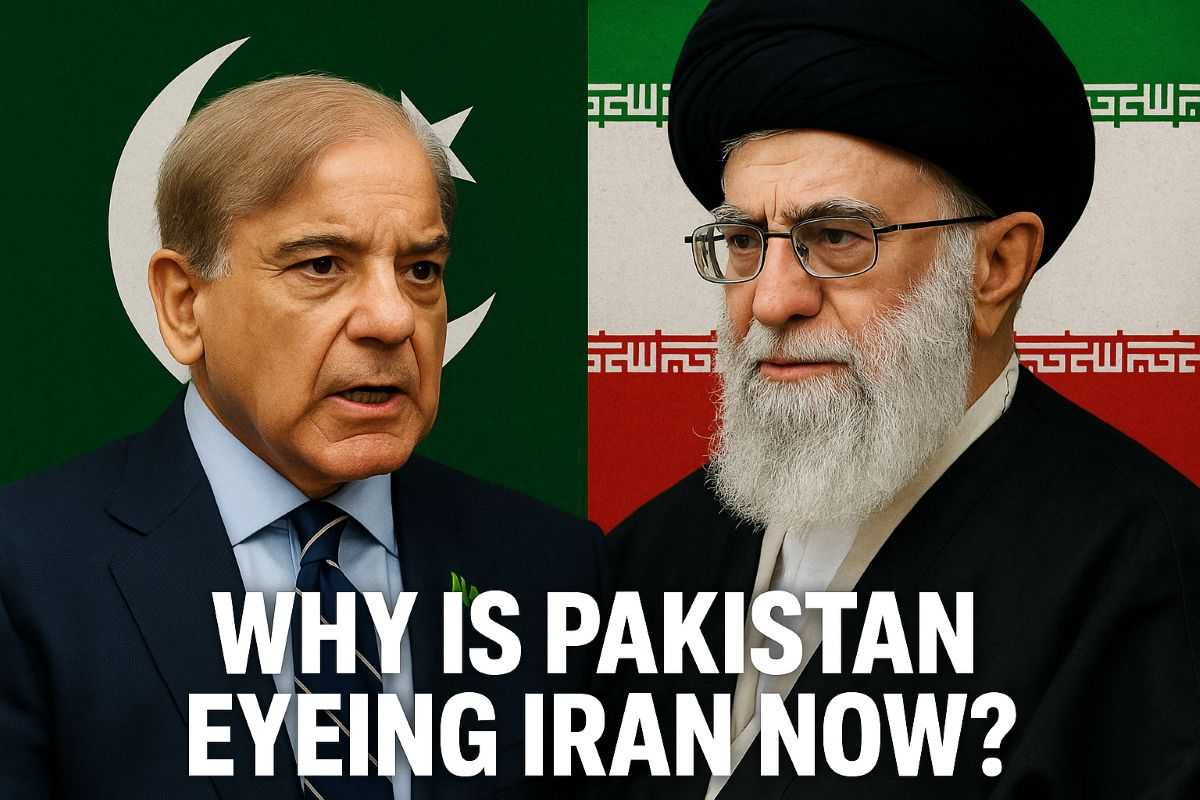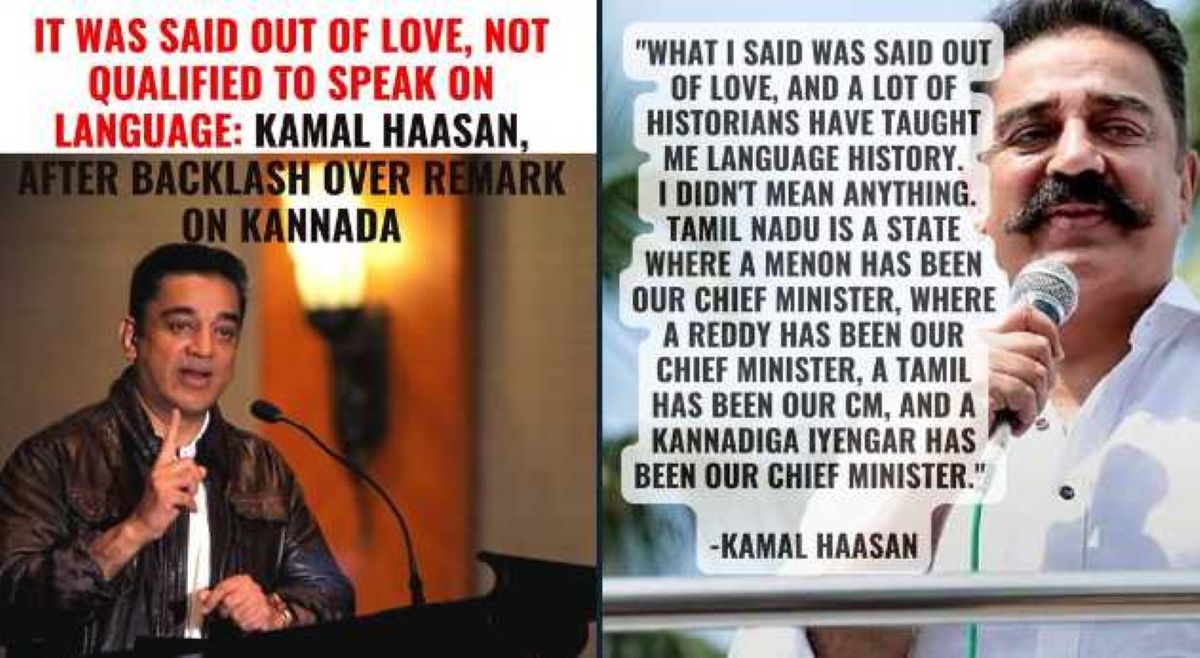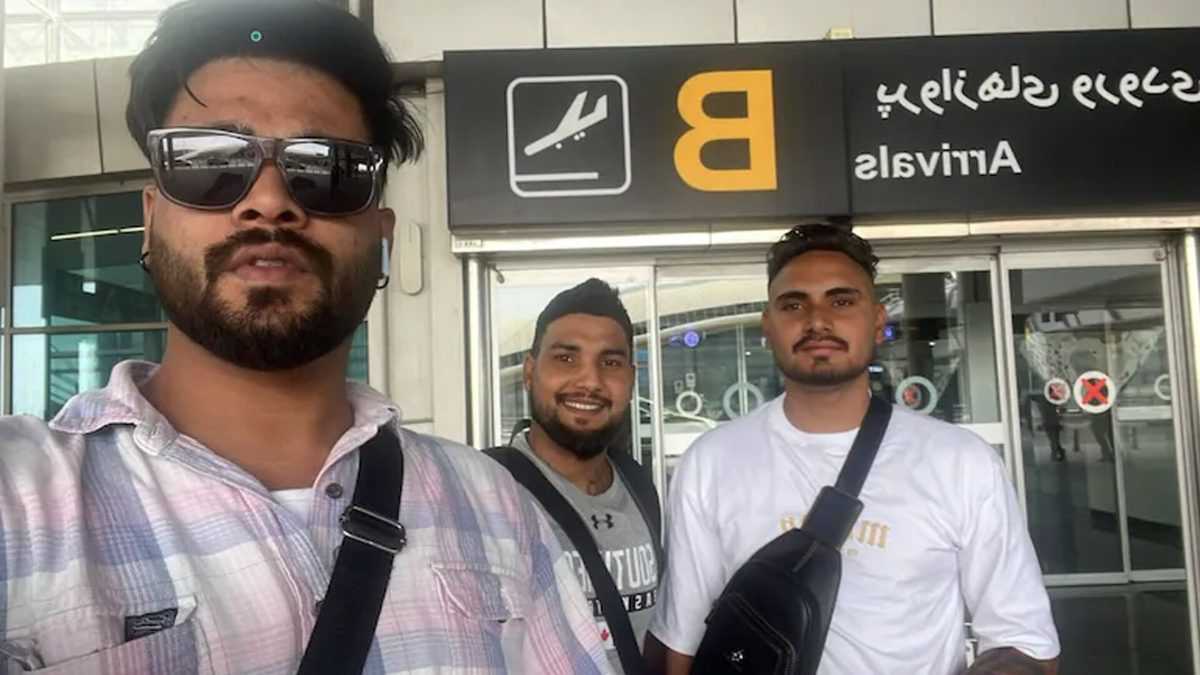
In a bold diplomatic move, Pakistan has turned to Iran to navigate its India-centric strategy—meeting Supreme Leader Ayatollah Khamenei as tensions in South Asia simmer.
As Islamabad pushes for greater influence in the region, Iran’s position becomes more complex. Caught between long-standing ties with Pakistan and deepening trade relations with India, Tehran is walking a diplomatic tightrope.
Why Is Pakistan Eyeing Iran Now?
Pakistan’s foreign policy has long been shaped by its rivalry with India. But its recent overtures to Iran signal a possible shift—or strategic expansion.
- Gas Diplomacy: Pakistan seeks to revive the stalled Iran-Pakistan gas pipeline, eyeing energy security.
- Terror Coordination: Cross-border militancy has created a shared threat, prompting deeper security dialogues.
- India Worries: With India investing heavily in Iran’s Chabahar Port, Pakistan is scrambling to retain relevance.
Pakistan’s sudden warmth toward Tehran is not just about energy—it’s about influence.
Pakistan Raises Kashmir Issue Again, Iran Issues Statement
During his meeting with Iran’s Supreme Leader Ayatollah Ali Khamenei, Pakistani Prime Minister Shehbaz Sharif raised the issue of the India-Pakistan conflict. This came in the wake of Indian airstrikes in Pakistan and Pakistan-Occupied Kashmir, carried out in retaliation for the Pahalgam terror attack that claimed the lives of 26 innocent civilians. Sharif expressed gratitude for Iran’s “positive role” during the crisis.
Read More: Relevant New..
Source: Times of India
At a joint press conference with Iranian President Masoud Pezeshkian, Sharif reiterated Pakistan’s willingness to engage in dialogue with India to address “longstanding issues” such as Kashmir, water-sharing, and trade. “We are ready to talk with our neighbour — for peace, for water issues, for trade, and to fight terrorism,” he said, as quoted by The Dawn. “We wanted peace, we want peace, and we will work for peace in the region through dialogue. If India accepts my offer of peace, we will demonstrate our sincerity and commitment to it.”
Iran responded with cautious optimism. “We are pleased with the end of hostilities between Pakistan and India and hope that their differences will be resolved,” Khamenei said in a post on X.
Pakistan’s Prime Minister, Shehbaz Sharif, and his accompanying delegation, met with Imam Khamenei on Monday, May 26, 2025. pic.twitter.com/SultfG7TL3
— Khamenei.ir (@khamenei_ir) May 26, 2025
Source: Imam Khamenei
According to Iranian state media IRNA, President Pezeshkian also voiced Iran’s support for a lasting ceasefire between the two nations. He emphasized the need for dialogue to settle disputes and foster regional peace.
Pakistan’s Shehbaz Sharif Lauds Iran’s Supreme Leader, Seeks Enhanced Cooperation
Pakistan’s Prime Minister Shehbaz Sharif has expressed a constructive and forward-looking sentiment towards Iran’s Supreme Leader, Ayatollah Ali Khamenei, during his recent visit to Tehran. The visit, which included meetings with Khamenei and President Masoud Pezeshkian, underscores Pakistan’s commitment to strengthening bilateral ties and regional cooperation.
In his discussions with Khamenei, Prime Minister Sharif emphasized Pakistan’s dedication to regional peace and stability. He lauded Iran’s “farsightedness” in pursuing nuclear negotiations with the United States and expressed hope for a constructive deal that could promote peace and stability in the region. Sharif also reaffirmed Pakistan’s readiness to enhance strategic cooperation with Iran, particularly in areas such as trade, counterterrorism, and regional security .
Honoured to call on His Eminence Ayatollah Sayyed Ali Khamenei, Supreme Leader of Iran. I sought his views especially with regards to the current challenges faced by Muslim Ummah. We also exchanged views on bilateral and regional issues of mutual interests. I thanked him for… pic.twitter.com/smmUBJER89
— Shehbaz Sharif (@CMShehbaz) May 26, 2025
Source: Pm Shehbaz Sharif
Khamenei, in turn, praised Pakistan’s steadfast position on the Palestinian issue, acknowledging its resistance against Western pressures to normalize ties with Israel. He described the relationship between Iran and Pakistan as consistently warm and fraternal, citing Pakistan’s commendable stance during the Iran-Iraq War as a testament to this brotherhood. Khamenei also assessed the current level of bilateral cooperation as below expectations and expressed hope that the visit would contribute to a comprehensive expansion of ties, particularly in economic, political, and cultural spheres .
Inside the Gaza Unity Movement
According to a report by The Tehran Times, Ayatollah Khamenei acknowledged that Pakistan has resisted joining the wave of countries normalizing relations with Israel, describing such normalization as “a blatant betrayal of the Palestinian cause” despite sustained Western pressure.
“Over the past few years, some Islamic nations have been tempted to engage with the Zionist regime, but Pakistan has consistently resisted these pressures,
” Khamenei stated during a meeting with the Pakistani Prime Minister. He emphasized that the Palestinian issue remains the most pressing concern for the Islamic world.
“The situation in Gaza has deteriorated to such an extent that even ordinary citizens in Europe and the United States are protesting against their governments. Yet, sadly, some Islamic governments continue to side with the Zionist regime under these dire circumstances,” he added.
In its coverage, Dawn reported that Israel’s actions have inflicted immense suffering on the people of Gaza. The Pakistani Prime Minister urged the international community to leverage its influence to secure a lasting ceasefire in Palestine. “Pakistan stands in solidarity with its Iranian brothers and sisters in the pursuit of peace, progress, and prosperity,” he affirmed.

Khamenei’s Calculated Diplomacy: Balancing India and Pakistan
Iran’s Supreme Leader, Ayatollah Khamenei, plays a critical role in setting the tone of Tehran’s foreign policy. His latest engagement with Pakistan reflects a classic balancing act.
- Historic Bonds with Pakistan: Geography and religion bind the two nations.
- Economic Gravity Pulling Toward India: India’s multi-billion-dollar trade and infrastructure investments make it a critical economic partner.
- Neutral Yet Not Distant: Iran can’t afford to alienate either neighbor—and Khamenei knows it.
This balancing act could define Iran’s long-term role in South Asia.
How Pakistan’s India-Centric Policy Shapes Iran’s Choices
The Kashmir conflict and broader Indo-Pakistani hostility remain core to Islamabad’s diplomacy. But for Iran, it’s a tight spot.
- On Kashmir: Iran has occasionally spoken in favor of Pakistan, especially in the OIC. But it treads cautiously to avoid upsetting India.
- Trade vs. Theology: Iran’s $2 billion oil trade with India far outweighs its ideological alignment with Pakistan.
- China’s Influence Looms: With both Iran and Pakistan part of the Belt and Road Initiative (BRI), China is silently shaping this new regional chessboard.
Iran finds itself needing both nations—but on different terms
Chabahar vs Gwadar: Iran’s Double Port Dilemma
At the heart of this geopolitical puzzle lies Chabahar Port (India-backed) and Gwadar Port (China-Pakistan project).
| Feature | Chabahar (India) | Gwadar (Pakistan-China) |
| Developer | India | China |
| Strategic Goal | Access to Afghanistan | CPEC connectivity |
| Iran’s Benefit | Regional trade hub | Diplomatic leverage |
India’s Chabahar project is a gateway to Central Asia—skipping Pakistan entirely. Pakistan sees this as a direct threat to its China-backed Gwadar ambitions.
Khamenei’s challenge? Keep both ports active without igniting more regional rivalries.
Can Iran Stay Neutral in an India-Pakistan Storm?
With both neighbors seeking influence, Tehran’s neutrality is being stress-tested.
- Tehran’s Tilt: Economic pragmatism is pushing Iran subtly toward India.
- Islamabad’s Effort: Pakistan’s diplomatic push appears designed to limit India’s influence—if not replace it.
- Superpower Watch: The U.S., China, and Russia are closely observing these developments, understanding that one diplomatic misstep could shift regional power balances.
Iran’s balancing act is no longer optional—it’s a survival strategy.
Pakistan’s India Focus Forces Iran Into a Tight Corner
Pakistan’s strategy to counter India has now roped Iran into South Asia’s most enduring rivalry. With Ayatollah Khamenei in the middle, Tehran is navigating a diplomatic labyrinth—one that merges energy, ideology, and economics.
As Iran seeks to protect its interests, it will likely favor economic realism over political sentiment. But for now, Pakistan’s India focus is steering much of Iran’s recent diplomatic behavior.
In this high-stakes regional game, Khamenei must do more than balance—he must anticipate.







